Modern Monarchy – Daisy C
As the late Queen Elizabeth recently passed away and the Coronation of King Charles is soon impending, the question of the need for a British monarchy has become a hot topic of conversation.
Are monarchies compatible with democracy? Do they still have a role in society? What is the purpose of a royal family?
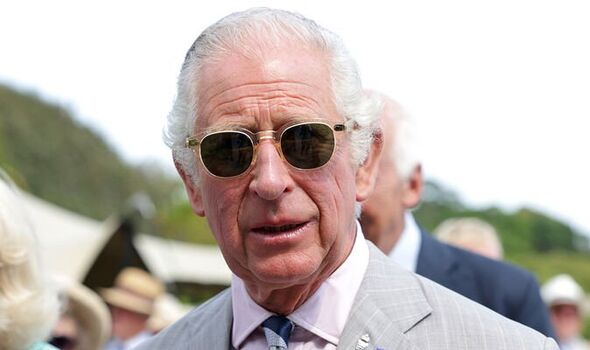
Compatibility with democracy: The fact that 3/4 of European countries now have democracies has led to the assumption that republics are the highest form of democratic government. However, 6 of the top 10 democracies in the world have monarchies (Norway, Sweden, Denmark, the Netherlands and Luxembourg). Also, arguably, as the individual power of the monarch has shrunk to almost nothing, they now have roles supporting liberal democracy. Modern monarchies offer a leader that is separate from the daily struggle of the executive government and attracts positive interest from all age groups. So, if they remain neutral, avoid scandals and are regulated by law then it can be argued modern monarchies are compatible with democracy. Arguably, however, the only reason that these monarchies are compatible is due to their desire to remain neutral and inoffensive, which could soon change if the monarch decided otherwise; thus creating a dictatorship. However, many, such as the Independent newspaper disagree, arguing that the existence of this hereditary principle as the height of society acts as ‘a justification for other inequalities’ such as private schools.
Role of the Monarch: The monarch approves acts in parliament, appoints a government, chairs monthly meetings with the privy council, receives ambassadors and has weekly meetings with the prime minister. However, in these bodies, the monarch reigns but does not rule so has no actual purpose. Any legislation passed through the parliament must be formally approved by the monarch to become law but this was last refused in 1708 which suggests that the practicality of their role in today’s society is limited.
Purpose of the Royal Family: The family represents national identity, unity and pride, giving a sense of stability to the nation. They also support voluntary service and undertake many duties. For example, in 2019, 15 members of the family carried out 3,567 public engagements. Nevertheless, the scandals and corruption that have been caused by various members such as Prince Andrew and Meghan Markle have significantly harmed the nation’s image.
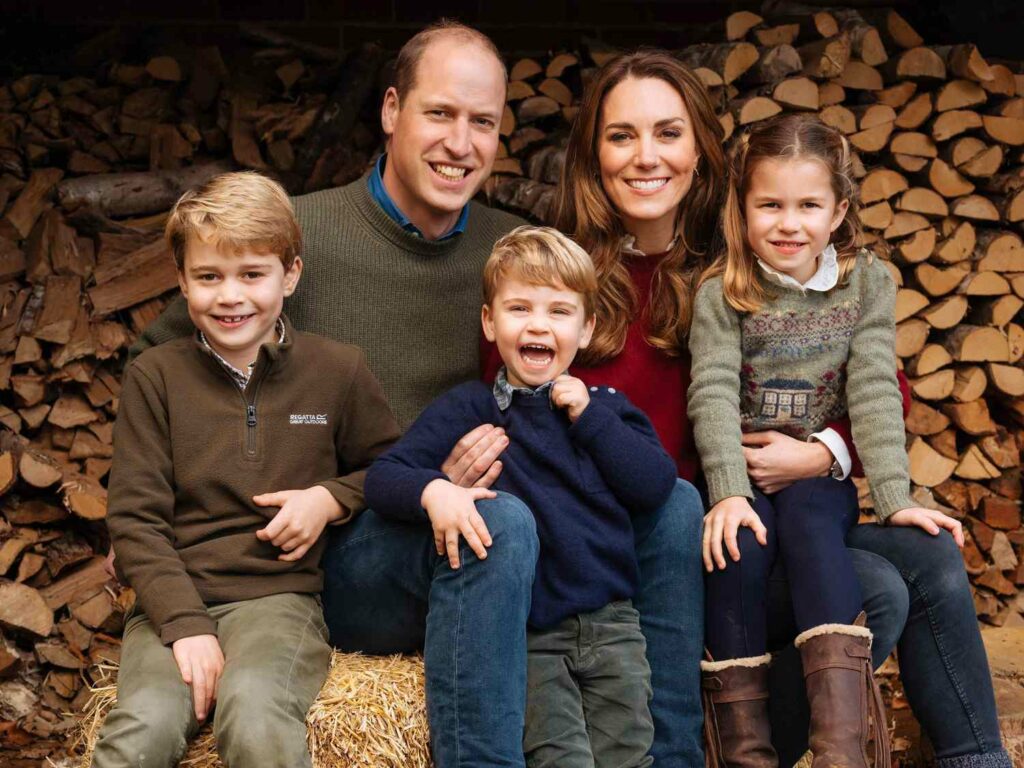
OVERALL PROS AND CONS…
Should be Abolished
- The YouGov survey showed that those aged 18 to 24 were in favour of the monarchy
- The Guardian, The Observer and The Independent have all advocated the abolition
- Monarchies costed taxpayers $120 million in 2021
- Represents exploitations as were involved with slavery and oppression
- Royal scandals damage Britain’s appearance
- Have no real power
Should not be Abolished
- The overall survey result was 61% in favour of the monarchy
- Embody the nation’s tradition and imperial prestige
- Act as mediators between the government and citizens
- Provide political stability when parliment are unstable
- Improves morale
Conclusion: Make your own…
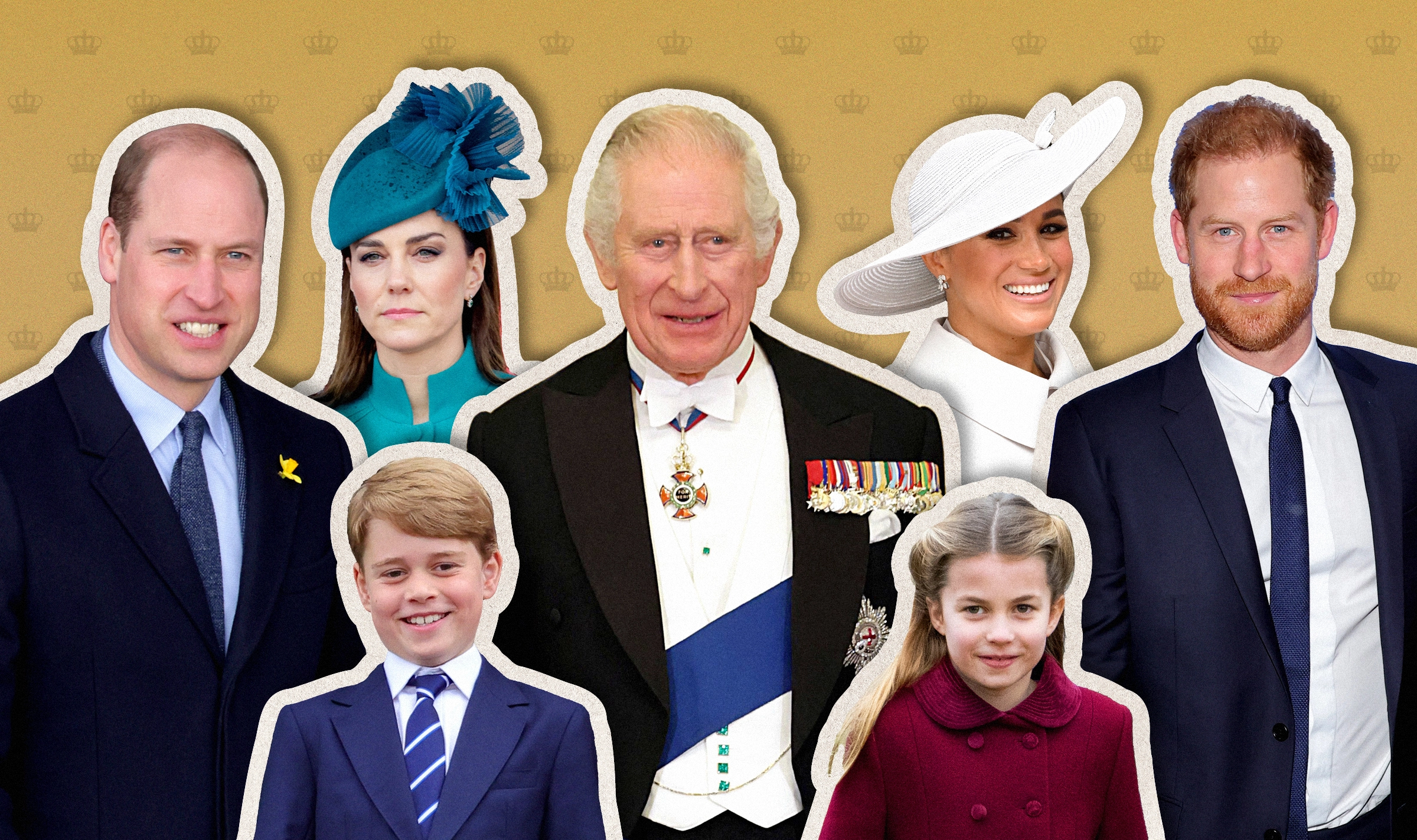


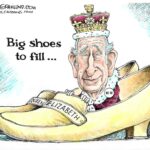

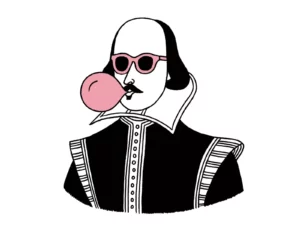









Post Comment
You must be logged in to post a comment.